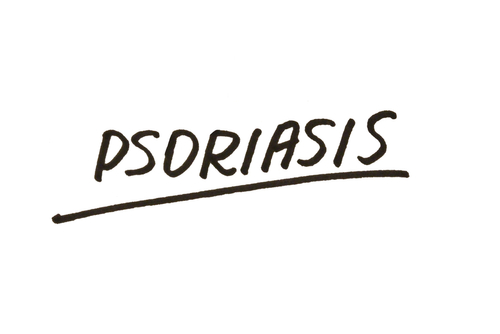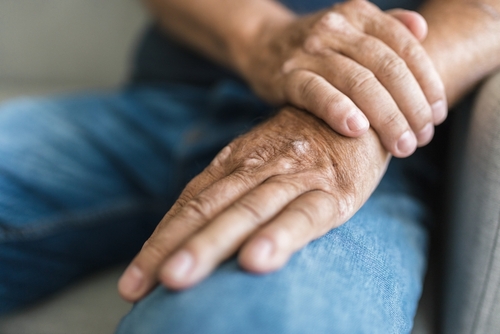
Obese psoriatic arthritis (PsA) patients may improve their disease activity with weight loss, according to research published in Arthritis Research & Therapy.
“Obesity is over-represented in patients with psoriatic arthritis (PsA) and associated with higher disease activity, poorer effect of treatment and increased cardiovascular morbidity,” the study authors noted.
https://twitter.com/GoutBio/status/1084069994311311361
Patients with PsA and obesity (body mass index [BMI] ≥ 33 kg/m2) were treated with very low energy diet (VLED), which consisted of 640 kcal/day, for 12–16 weeks (depending on baseline BMI). After VLED treatment, patients slowly went on a low energy diet. Assessments were conducted at baseline, three months, and six months and included BMI, 66/68 joints count, Leeds enthesitis index, psoriasis body surface area (BSA), questionnaires, and C-reactive protein (CRP). Minimal disease activity (MDA) achievement was the primary outcome, with Psoriatic Arthritis Response Criteria (PsARC) and American College of Rheumatology (ACR) response criteria achievement as secondary outcomes.
Weight loss reduces psoriatic arthritis disease activity in people who are obese https://t.co/g9kRi0ZJSj
— Arthritis Digest (@ArthritisDigest) January 16, 2019
A total of 41 patients completed the study (median age, 54 years; 63% women). Patients with higher baseline BMI had higher disease activity and poorer function. At the end of the study, the median weight loss was 18.7 kg (41.2 lb), which was 18.6% of the baseline weight. Most factors associated with disease activity improved, including 66/68 joints count, CRP, BSA, Leeds enthesitis index, HAQ, and patient visual analog scale score for global health, pain, and fatigue, the researchers reported. An increasing trend was observed with more weight loss and more disease improvement. Patients with MDA went from 29% at baseline to 54% (P = .002); 46.3% of patients attained PsARC. ACR20 was achieved by 51.2% of patients, while 34.1% and 7.3% reached ACR50 and ACR70, respectively.
“Short-term weight loss treatment with VLED was associated with significant positive effects on disease activity in joints, entheses and skin in patients with PsA and obesity,” the study authors wrote. “The study supports the hypothesis of obesity as a promotor of disease activity in PsA.”
Increased BMI Is a Risk Factor for PsA in Psoriasis Patients
American College of Rheumatology and National Psoriasis Foundation Issue Joint PsA Guidelines
Ixekizumab Beats Adalimumab in Active PsA
Source: Arthritis Research & Therapy







 © 2025 Mashup Media, LLC, a Formedics Property. All Rights Reserved.
© 2025 Mashup Media, LLC, a Formedics Property. All Rights Reserved.